Do you have an antique clock that you want to put up for sale? Do you want to know how you can expertly advertise and sell your old clocks? In this antique clock selling guide we will try to find out all the necessary tips in selling your antique timepieces.
Antique clocks selling information & guide
Selling antique clocks is an earnest matter that clock collectors and clock dealers take very seriously. Antique clocks possess great value making them very much demanded and sought after in the collectible market.
As was always mentioned, a particular antique is only worth what its buyer is willing to pay for. This field of trade is very competitive and you have to be both careful and clever to determine the most reasonable if not accurate price and worth of your old clock.
From the moment you consider selling your antique timepiece, bear in mind that it is not just a simple matter of pricing. There are several considerations you have to learn, just the way you learned of its value.
The price of an old antique clock varies from one type to the other thus there are a number of factors to regard and consult such as the following:
1.) Antique clock’s condition
• Antique clocks that are in their superb and best working conditions will naturally sell far more than those with minor, much less major defects.
• An all-original vintage clock that has not yet been unaltered and unrestored increases its value. Check if the clock movement is working efficiently and keeps an acceptably accurate time.
• The number of antique clock repair and service that a particular timepiece has undergone, type of repair performed and the outcome (was it poorly fixed or totally restored) affects its price.
2.) Antique clock’s history
• The provenance of an antique clock covers its colorful beginnings and of course the reputation and importance of its clockmaker.
• Being able to prove that your clock once belonged to a historically important or a celebrity perhaps, assures you of a high selling price.
3.) Antique clock’s rarity, style, and desirability
• The collectable market may change in trend as to what is fashionable now may not be for the next year or so. But other collectables like antique clocks do not follow the same dynamics. It is always the rare ones, the unique that is sought after.
• Clock collectors and non-collectors alike opt buying something that is simply out of the ordinary. The type of your vintage clock contributes to its desirability which of course varies from a clock buyer’s preference.
4.) Antique clock’s overall aesthetics
• It is not only the working condition of an antique timepiece that clock aficionados sought after, the physical attributes is also a major consideration.
• Intact significant marks such as the reputable clockmaker’s name or a manufacturer’s label decides a more paying worth compared to other similar clocks without such documentation.
• Undamaged, well-preserved, clean, and original clock materials, decorative elements, and intricate carvings with no missing parts and major discolorations also increases an antique clock’s worth.
5.) Antique clock’s geographical considerations
• A vintage clock value varies in different regions and countries. Typically, old collectible clocks sell for more in their country of origins than in other countries.
6.) Antique clock’s shipping and transportation cost
• When selling an antique clock, make sure to include in the expenses an allotted amount for shipping and transportation costs if ever there is a need to do so.
• The size of a vintage clock may matter in determining its price. Smaller antique clocks are generally easier to sell. This is because the transportation cost is lesser compared to bigger antique timepieces and most people find them easier to accommodate.
7.) Antique clock’s guarantees
• Certain guarantees and warrantees assure the authenticity and condition of vintage clocks. If you have this kind of written assurance, you are entitled to sell your old clock with a higher worth.
• Another key point is that if your old collectible clock has undergone an antique clock appraisal and was legally documented you can absolutely increase its price.
Advertising the antique clock you want to sell
Advertising your collectible antique clock is a powerful tool in helping you find its next possible owner without exhausting yourself too much.
Numerous resources are available to help and cater such dilemma, you just have to find and select one that is most suitable for you.
All of which have their own different approach, different edges and drawbacks.
Newspaper classified ads
• Newspaper ads are the traditional way of advertising but its territorial scope is limited. It is only ideal if your target buyers are within the locality, but this is not an assurance that your antique clock will be surely purchased right away.
• And because of the poor imagery supplied by this media, you might need to have your buyers come over to your house to see for themselves and thoroughly inspect your antique clock.
• Because of this, advertising thru print ads could lead to problems such as possible theft and robbery and therefore safety precautions should be taken and practiced.
Online ads
• Several websites allow you to post your ads, some are free and some do require certain amount of fees. It is usually an advantage to post your antique clocks online because you will be able to exchange emails with prospective buyers making your field of potential clients wider.
• In terms of security issues, you will still have to deal with certain safety measures if there is a need to invite buyers to your home and personally show them the clock.
• If your antique clock buyer lives at a distant and physically showing them the old timepiece may not occur, then you can avoid such and transact the sale via mail or other online means.
• Create high-quality images and detailed descriptions of your clocks for online listings. Highlight any unique features or historical significance. Use social media and online forums dedicated to antique clocks to promote your items to a targeted audience.
Bourse auctions
• First thing to do is to look for an auction house that will accept your antique clock.
• Auction houses commonly give you a summation as to how much your antique clock will sell depending on the type of antique clock you’re about to bargain.
• A commission will be charged along with other additional fees to cover insurance, photography, and shipping expenses.
Online auctions
• Various websites cater regular auctions that are very ideal as it reaches a wide online bidding audience.
• But the drawback of online auctions is that it can be time consuming especially if you are new and do not have much experience in this field.
• Selling online requires you to take time and learn the seller’s rule of the online auction. You would also need to take time to answer emails from bidders with regards to billing, shipping, and payment collections.
• Make sure to study how other clock sellers list their clocks before you go and post your own listing.
• Your antique clock’s description must fall into the right categories and make sure to mention defects that exist in your old clock in order to avoid customer complaints that could damage your online reputation.
Sell or entrust to a clock dealer
• Selling or entrusting your antique clock to clock a dealer would require you to but it below the retail price for them to sell it for a profit.
• Some dealers take your clock on a consignment basis and take percentage from the selling price. If this is the case, make sure to have a clearly written agreement specifying the terms and conditions of the consignment.
• It should cover the assurance that the clock dealer has your clock, length of the consignment period, the commission charged and other related issues.
Other important things to consider
Safety: Be cautious when dealing with potential buyers. Consider meeting in a public place or using secure payment methods for online transactions.
Patience: Selling antique clocks can take time, so be patient and open to offers. It may take some time to find the right buyer willing to pay the price you want.
Legal Considerations: Ensure you comply with any legal requirements, such as export restrictions, especially if you are selling across borders.
Documentation and Transfer: Keep thorough records of the sales, including invoices, receipts, and any transfer of ownership documentation. Be prepared to provide this information to buyers.


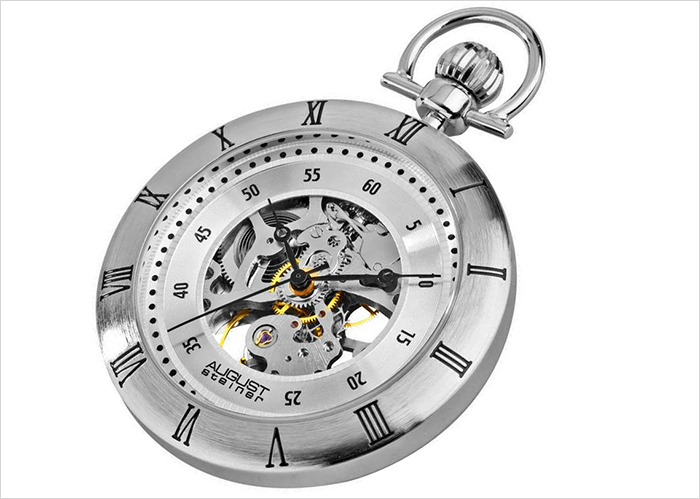
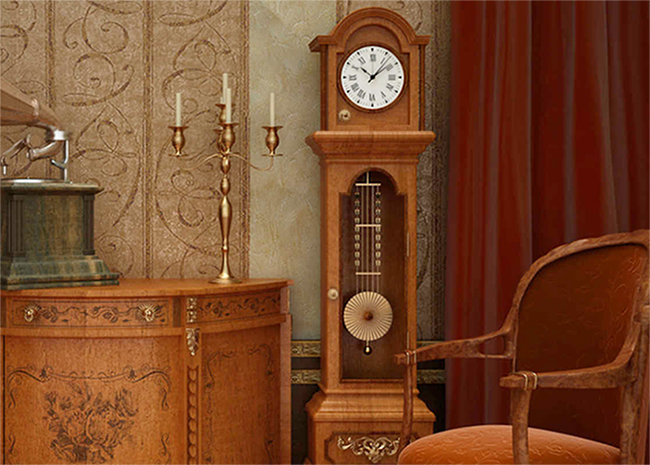
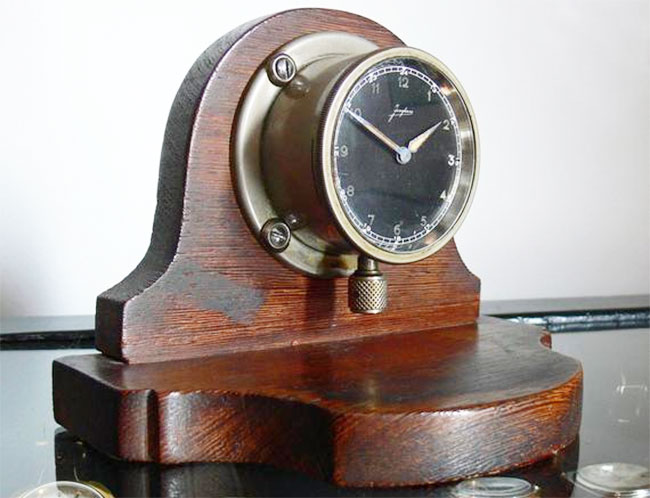

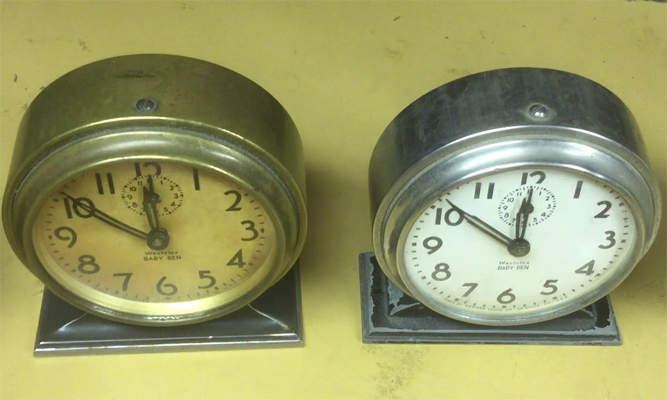

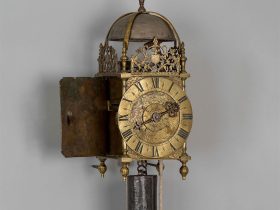


Leave a Reply